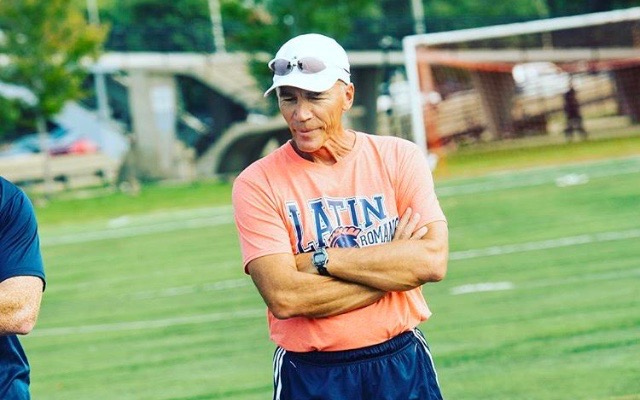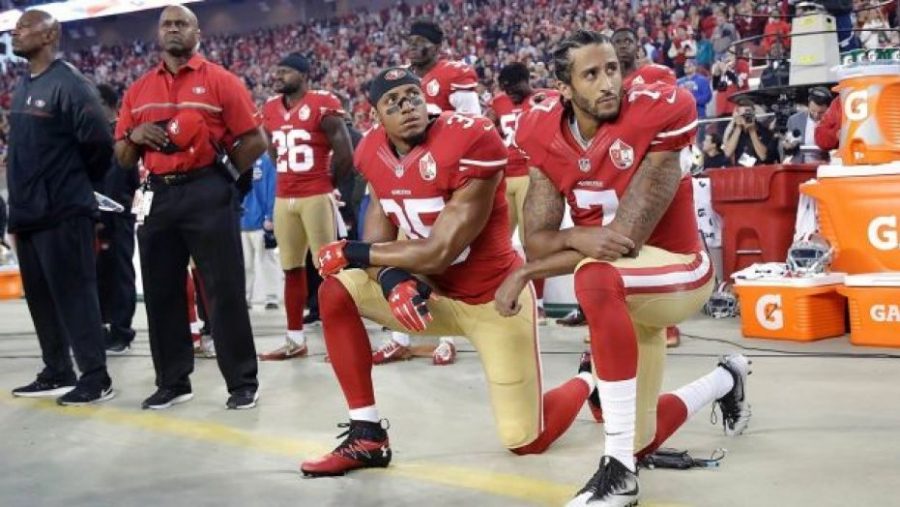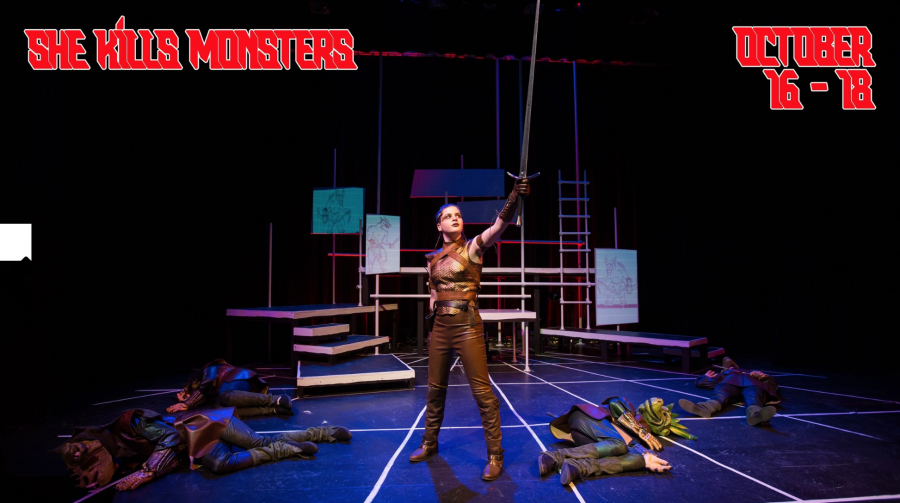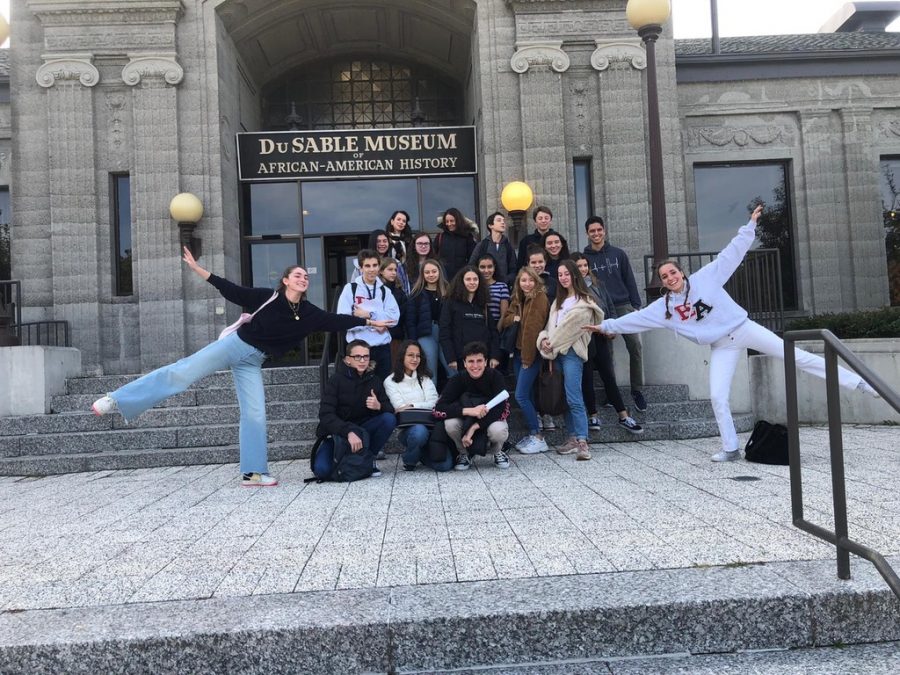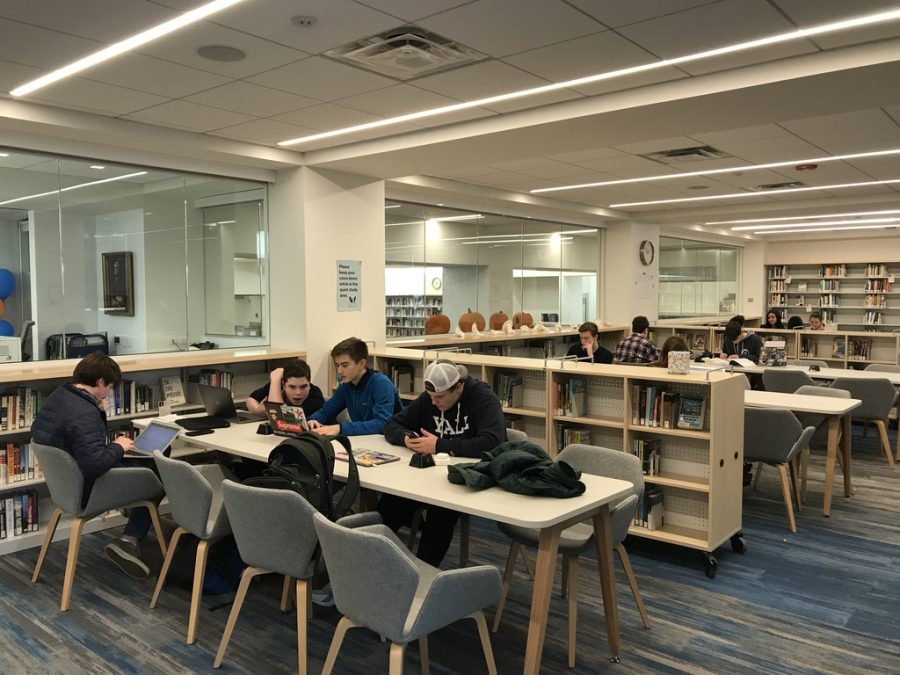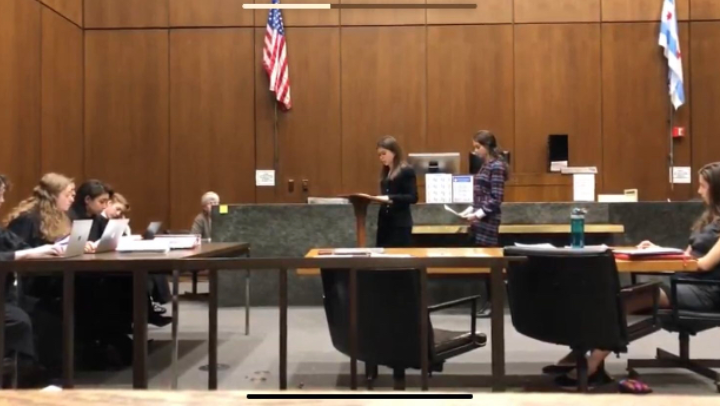Will Slater For most freshmen, preseason soccer is grueling. The practices take half a day, the scorched turf burns any exposed skin it comes in contact with, and for some, cramping in the last mile of the infamous “Belmont Run” seems inevitable. Hanging over the physical demands is the emotional one, the constant pressure to prove yourself worthy of a spot on varsity. In this sort of environment, at the average school or club tryout, the practices become over-competitive, players grow selfish, and the play is chippy and dangerous. Not at Latin, though. At the beginning and end of each preseason practice, Mr. Bower shares the two phrases that will guide the team philosophy for the year to come: do your job and don’t let your teammates down. Talent matters, he’ll say, but careful observance of these tenets is the surest path onto the varsity roster. He means it, too. That same speech, or something like it, was given to a group of five, dreadfully out of shape soccer players in Lincoln Park, long before the turf was built, in Bower’s first year at Latin in 1981. Through a connection, Bower ended up taking two part-time jobs, one as a history teacher and one as a PE teacher. At the time, he points out, the school was much smaller and, more notably to him, “there just wasn’t a real athletic mindset.” Though a generally quiet man, Bower knows and understands people, especially kids, in a way few other adults do. Armed with this gift, he’s profoundly well suited to coach, where we’re often at our most authentic and vulnerable. Beyond athletics and class size, in our interview he also seemed interested to muse on cultural shifts he’s observed at the school over the past few decades. “Just like today, all the students were sharp, smart, motivated. It was the 80s, so everybody’s goal was to, you know, make a million dollars before they were thirty…that has changed a lot here. Students are looking at all kinds of careers now. Maybe it’s because of society’s interest in community service… but students seem to have a much more expansive view, they want to help more, at least that’s the impression I get. That’s a good thing.” In 1989, as has happened time and again, keeping Bower at Latin far longer than he had originally planned, a window for change opened up when the athletic director stepped-down. In the years prior, Bower had often spent time in the AD’s office, watching, learning what the job entailed. “I started to develop my own thoughts of, if I were ever sitting in this chair, what I could do different, or better maybe.” The Headmaster at the time, Jonathan Slater, was open to promoting Bower and another teacher to co-run the athletic office. In this arrangement, Bower was put in charge of logistics and working with coaches, while his counterpart, a math teacher, focused on the budget. After a few years, his co-head had to step down, burdened by the responsibility of bringing the novel Macintosh computer to Latin. It was somewhere in Bower’s first decade as the only Athletic Director that Billy Lombardo was hired to lead Latin’s service learning department. Though the two, due to the busyness of their work, didn’t connect immediately, they soon partnered in arranging pre-season service days for Bower’s soccer teams, a program that would soon spread to other sports. Lombardo began to really get to know Bower after he, while coaching tennis, encountered a girl whose talent seemed to exceed Lombardo’s knowledge of the game. Searching for a way to grow as a coach and find a way to support his player, Lombardo, both from afar and in person leaned into Bower’s expertise. “It was then that I really started to think about coaching and philosophies of coaching that it became clear to me how great of a coach he was. He’s just a master, a coach’s coach. I don’t think he’s ever given up an opportunity to speak about coaching with someone…That always struck me, that he just always had the time.” In sole control of the department, Bower, bit by bit, began to pursue the visions he had had coming into the job. Bower’s first task, then, was to dramatically expand Latin sports. As the school grew larger, some of this work happened on its own, but the focused nature of the expansion process had much to do with Bower’s goals. The first priority was girls sports: “I really wanted to get girls sports rolling, because they were a little bit of a step-child when I took over.” The balanced options that now exist and the popularity of girls sports is largely a product of direct intent. Bower also felt that middle school sports needed to be augmented, both to act as a feeder for the high school programs, but also to allow middle schoolers to try out more activities. Improving the department, in his mind, served to benefit the long-term goals of the school, both bringing a broader range of kids into the applicant pool and becoming a tool to assist athletically ambitious students as they tried to get into college. In his college days, the seeds were planted for Bower’s second goal as AD, one that stands strong in the mind of anyone who has played or coached under him — raising Latin’s standard for sportsmanship. “My college soccer coach… talked a lot about taking care of the game in your little corner of the world, whatever sport it was…I wanted Latin coaches and players to stop getting kicked out of games and to stop rubbing it in when we were beating people” To Bower, this creed of taking care of game extends beyond a guiding principle — it is a lens through which to see the world. It is the Bower way. “I felt that if you cared about the game and if you cared for the game that the winning would increase. Rather than thinking about winning first and compromising other things.” Having played for Coach Bower for four years, it wasn’t until this explanation that I grasped what sets the teams he coaches apart from other similarly sized schools, why his teams seem to often find a way to beat more talented ones. Bower inverts the pyramid, measuring his players by their actions and personality before their talent, and allocating chunks of practice time to games and competitions that build appreciation of the sport and of one another. Love and respect for the game isn’t a cliche with Bower, it’s how his teams are expected to play. With this philosophy, he’s one of the most accomplished coaches in IHSA history. Billy Lombardo, in a way perhaps only he could, articulated the power and reach of Bower’s approach. “He’s constantly thinking about the moment he’s in. It seems to me that he’s thinking about it. It may be so big a part of his personality now that he’s not thinking about it at all, but he seems to be always aware of the import of the moment, that this could be a moment that a kid doesn’t forget, or that a parent doesn’t forget…He responds to the tenet of coaching, taking care of the game, seemingly in every moment.” Bower’s commitment to this set of values pushed him to connect with the Positive Coaching Alliance (PCA), which facilitates leadership workshops for coaches and captains at Latin. Bower constantly revisits the curriculum and attends workshops, keeping pace with an evolving field so he can apply new research at Latin. In a recent email to Ms. Nelson and Mr. Bower, the PCA bid farewell to one of their strongest advocates: “THANK YOU TOM! Not just for your being a fantastic steward of our partnership, but for your years of service to young people. Congratulations on your upcoming retirement, and it was a pleasure to be able to collaborate with you on a small part of your career.” Even while AD, for many years Bower couldn’t let go of his history classes. In what is now a famous lesson taught in the middle school by a former Bower student, Mr. Rouse, Bower would tell the story of Hannibal, the Carthaginian general who boldly attacked Rome during the Punic Wars. Much of this lesson was designed to build note-taking skills, but it’s been memorable to many of those who have experienced it. Bower, sometimes known by those who don’t know him as quiet or stoic, brought life into the classroom, just as he’s done as a coach. At the end of this year, Bower will retire. Like most celebrated people, in my mind his legacy is twofold. The first piece of him that should always remain in our collective memory is his accomplishments for the school. Just as he set out to do, Latin’s athletic program is broader and more inclusive, and our teams are, with the exception of an irrelevant little school up Clark Street, broadly respected by schools around the city. The second aspect of his legacy is far less tangible. It exists within the individual lives touched by his coaching, his coaching of coaches, and his teaching. To those who’ve known him, he’s shared wisdom, supreme humbleness, an occasionally acerbic sense of humor and his vision for how sports ought to be played. We’ve glimpsed one of the most intangible, easily thrown around words in our language, respect, given weight and a living symbol. We all have our influences, our heroes in life. Tom Bower is one of mine. ]]>
Categories:
The Bower Way
April 18, 2018
0
More to Discover














































